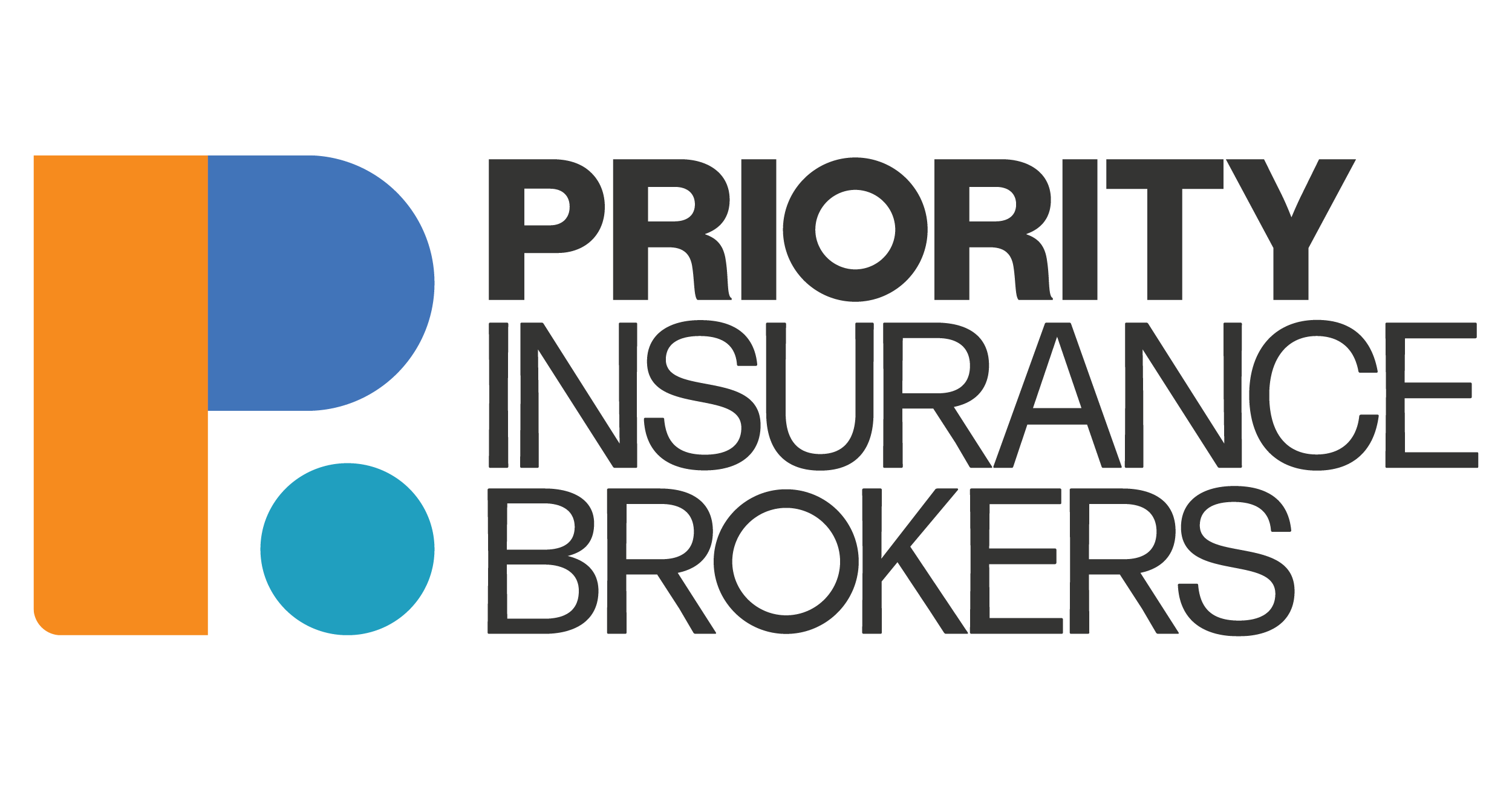In today’s progressive business landscape, working as a contractor or subcontractor offers flexibility and opportunities across various industries. Whether you’re an IT consultant, a marketing specialist, a freelance writer or a construction professional, protecting your business is as crucial as delivering quality work.
Below, we explore the different types of insurance required by many contractors and subcontractors in Australia.
Public Liability Insurance: Important for Onsite Contractors
Public liability insurance (AKA PL insurance) is a crucial form of protection for many contractors and subcontractors, particularly for those who meet with clients in person from an office or work at the client’s premises or on location at a building site, for example. Many clients require contractors and subcontractors to have public liability insurance before commencing work, especially for roles that involve on-site work or direct client interaction.
Key benefits of public liability insurance for subcontractors who need it include:
- Legal protection: Covers legal costs if a claim is made against you.
- Third-party coverage: Protects you if you cause injury or damage to a client or member of the public.
- Property damage: Covers you if you accidentally damage someone else’s property while working.
For example, if you’re an IT consultant who visits client offices and accidentally damages a client’s server while performing maintenance, or if you’re a freelance event planner whose equipment causes injury to an attendee, public liability insurance would cover the associated costs and any legal expenses if the client decides to sue.
Not all contractors need PL insurance. If you’re a contractor who works exclusively from home and doesn’t interact with clients in person or handle their property, you are unlikely to need this type of business insurance. For example, a freelance writer or a virtual assistant who conducts all their work online should not require this type of coverage.
Professional Indemnity Insurance: Protecting Your Expertise
For contractors and subcontractors who provide professional advice or services, professional indemnity insurance (PI insurance) is essential. This coverage protects you against claims of negligence, errors or omissions in your professional services.
Benefits of professional indemnity insurance include:
- Financial protection: Covers the cost of legal defence and potential damages.
- Reputation management: Helps protect your professional reputation in case of a claim.
- Peace of mind: Allows you to focus on your work without worrying about potential lawsuits.
Consider a scenario where you’re a management consultant who provides advice that leads to financial losses for your client, or a graphic designer whose work unintentionally infringes on copyright. Professional indemnity insurance would cover the costs associated with these claims.
Cyber Liability Insurance: Protection in the Digital Age
For contractors working in IT, digital marketing, or any field involving sensitive data, cyber liability insurance is increasingly important. It protects against:
- Data breaches: Covers costs associated with compromised client data.
- Cyber attacks: Provides support in case of ransomware or other cyber threats.
- Business interruption: Helps recover lost income due to cyber incidents.
Personal Accident and Illness Insurance: Protecting Yourself
As an independent contractor or subcontractor, you’re typically not covered by workers’ compensation insurance, which is designed for employees. However, you can protect yourself with Personal Accident and Illness Insurance.
This type of insurance provides coverage if you’re unable to work due to an accident or illness. Benefits can include:
- Income replacement: Provides a portion of your income if you’re temporarily unable to work.
- Medical expenses: Can cover costs related to your injury or illness.
- Death and disablement benefits: Offers a lump sum payment in case of permanent disability or death.
For instance, if you’re a freelance graphic designer who breaks your arm and can’t work for several weeks, or an IT consultant who falls ill and needs time off, Personal Accident and Illness Insurance can help cover your lost income and medical expenses.
It’s important to note that in some cases, depending on the nature of your contract and local regulations, you might be considered a ‘deemed worker’ and be eligible for workers’ compensation. Always check your specific situation with a legal professional or insurance expert. Also, ask questions about the terms of coverage for any pre-existing conditions in case you have an injury prior to taking on this type of insurance.
Tool and Equipment Insurance: Safeguarding Your Assets
For contractors whose work relies on specific tools or equipment, such as photographers, tradespeople, or IT professionals, tool and equipment insurance is imperative. It protects these valuable assets against theft, damage or loss.
Imagine your high-end camera equipment being stolen while on a shoot, or your specialised diagnostic tools for IT work being damaged. Tool and equipment insurance would help you replace these items quickly, minimising downtime for your business.
Vehicle Insurance: Covering Your Work Vehicles
If you use vehicles for your contracting work, it’s important to have appropriate commercial vehicle insurance. This coverage protects your vehicles and provides liability coverage while they’re being used for work purposes.
Whether you’re a mobile beautician travelling to clients’ homes or a consultant driving to various business meetings, commercial vehicle insurance ensures you’re covered.
Subcontractor Insurance Requirements: What You Need to Know
Subcontractor insurance requirements can vary depending on the project, client and industry. However, some common requirements include:
- Public liability insurance: Often with a minimum coverage amount
- Professional indemnity insurance: For subcontractors providing professional services
- Personal accident and illness insurance: To protect yourself in case of injury or illness
It’s important to note that subcontractor insurance requirements in QLD may differ from subcontractor insurance requirements in NSW or other states. Always check local regulations and specific project requirements or speak with an insurance broker with offices across Australia, like Priority Insurance Brokers. With 9 locations across the country, we’re across all the specific state requirements.
Contractors vs. Subcontractors: Roles and Insurance Needs
Understanding the difference between contractors and subcontractors is important when determining insurance needs. Let’s break it down:
Contractors:
- work directly for the client or project owner
- often manage the overall project
- may hire subcontractors to complete specific tasks.
Subcontractors:
- hired by the main contractor, not the client directly
- perform specialised tasks within the larger project
- usually have a narrower scope of work, i.e. a plasterer subcontracting for a builder.
When it comes to insurance, both contractors and subcontractors need coverage, but there can be some differences:
Contractor Insurance:
- often requires broader coverage due to overall project responsibility
- may need higher liability limits
- might need to cover subcontractors in some cases
- typically includes public liability, professional indemnity and personal accident insurance.
Subcontractor Insurance:
- may have more focused coverage based on their specific task
- often needs similar types of insurance as contractors, but possibly with lower limits
- should not assume they’re covered by the main contractor’s insurance.
Both contractors and subcontractors should consider the following:
- Public liability insurance (if working on-site or with clients).
- Professional indemnity insurance (for service-based work).
- Personal accident and illness insurance.
- Tool and equipment insurance (if applicable).
The specific insurance needs can vary based on the industry, project requirements and individual circumstances, so consult with an insurance professional to ensure you have the right coverage for your situation.
Common Insurance Mistakes Contractors Make
When it comes to insurance, contractors and subcontractors often make these common mistakes:
- Underestimating coverage needs: Many contractors opt for minimum coverage to save money, leaving them exposed to significant risks.
- Neglecting to update policies: As your business grows or changes, your insurance needs change. Regularly review and update your policies.
- Misunderstanding policy exclusions: Be sure to read the fine print and understand what your policies do and don’t cover.
- Failing to compare insurers: Insurance premiums can vary significantly between providers. Don’t settle for the first insurer you find. Speak with our insurance brokers, and we’ll shop around for the best policy at the best price for you.
Do Contractors and Subcontractors Really Need Insurance?
Many contractors and subcontractors wonder, ‘Do I need contractor insurance?’ or ‘Does a subcontractor need insurance?’ The answer is almost always yes. Here’s why:
- Legal protection: Insurance protects you from potentially devastating legal claims.
- Client requirements: Many clients require contractors and subcontractors to have insurance.
- Peace of mind: Insurance allows you to focus on your work without worrying about potential risks.
- Professional image: Having appropriate insurance coverage demonstrates professionalism and reliability and is a trust factor when new clients are considering using your services.
Protecting Your Contracting Business
As a contractor or subcontractor in any field, having the right insurance coverage is essential for protecting your business, your assets and your reputation. While the specific insurance needs may vary depending on your industry, services offered and location, public liability insurance and professional indemnity insurance are the most needed types for contractors.
By investing in appropriate insurance coverage, you’re not just meeting legal and client requirements – you’re also investing in the long-term success and stability of your business.
At Priority Insurance Brokers, we specialise in helping contractors and subcontractors from all industries find the right insurance coverage for their unique needs. Our team understands the complexities of contractor insurance requirements and can guide you through the process of selecting the most appropriate policies for your business.
Don’t leave your business exposed to unnecessary risks. Contact Priority Insurance Brokers today on 07 3103 2992 to discuss your insurance requirements and ensure your contracting or subcontracting business is properly protected.
Frequently Asked Questions
The insurance you need depends on your specific situation. If you work on-site or interact with clients in person, you’ll likely need public liability insurance. Depending on your specific services and industry, you may also need professional indemnity, cyber liability, personal accident and illness, tool and equipment and commercial vehicle insurance. However, if you work exclusively from home with minimal client interaction, your insurance needs may be different.
Generally, contractors and subcontractors are responsible for their own insurance costs. This is because they are independent entities and not employees of the company they’re contracting for. However, in some cases, especially for large or high-risk projects, a company might offer to cover or subsidise insurance costs as part of the contract negotiation. Always clarify this point in your contract discussions and make sure it’s explicitly stated in your agreement. Remember, even if a company offers to pay for your insurance, it’s crucial to ensure that the policy adequately covers your needs and that you understand its terms and conditions.





